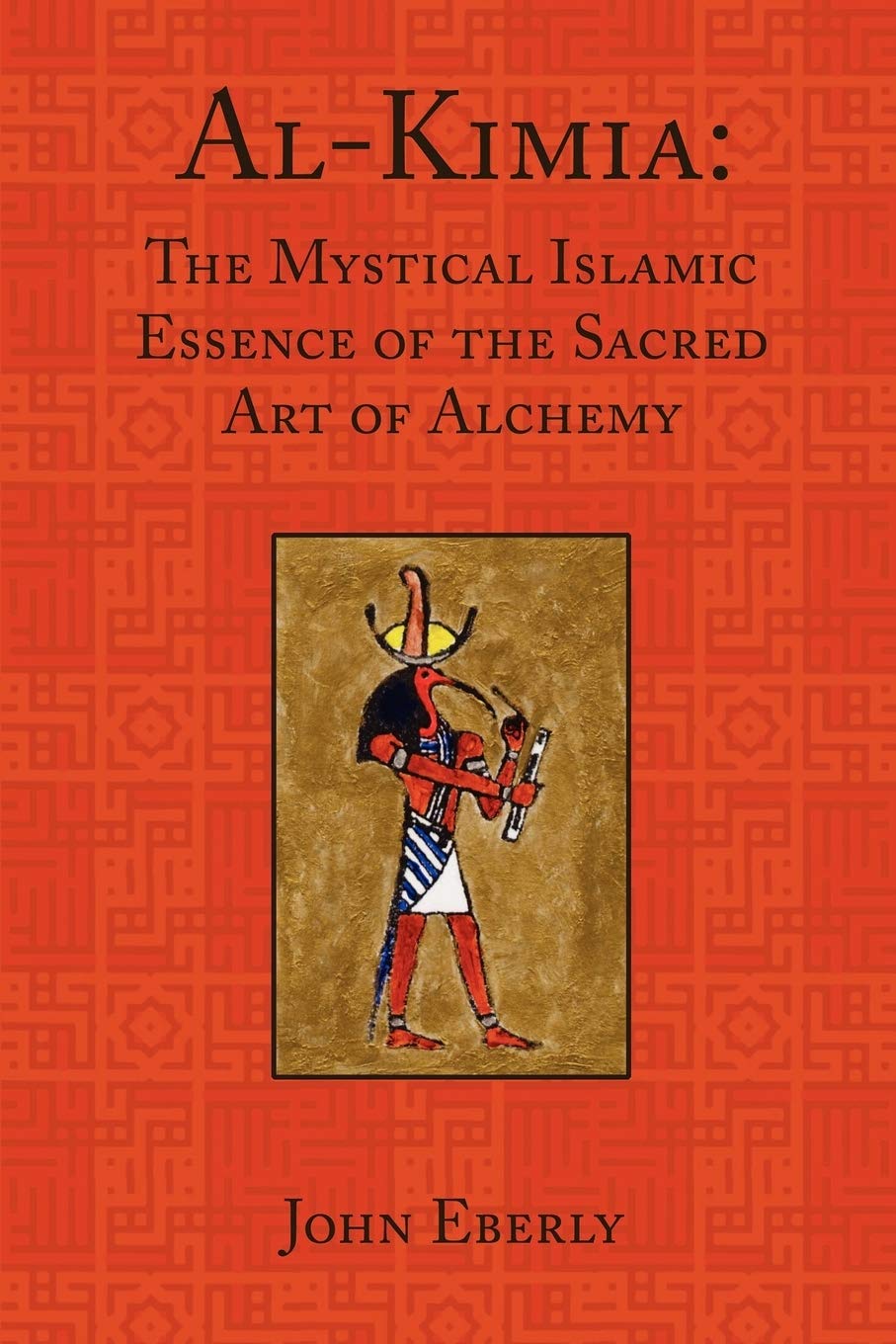

Al-Kimia: The Mystical Islamic Essence of the Sacred Art of Alchemy
B**L
Five Stars
Great book, very happy with purchase!
I**I
Al-Kimia and the Islamic Tradtion
This is the best work on the role of Alchemy in the Islamic tradition in print. Well.. actually it's the only one dedicated specifically to it's role in Islamic thought (that I'm aware of at least) but it's still a really good read none the less.In this book you will learn how Alchemical wisdom was passed on by the Shi'ite Imam Jafar al-sadiq to the great Jabir (Geber) and how it found a home in the Islamic Tradition. It also covers the role of Alchemy in Ismaili and Sufi thought.This book makes a great (though short) introduction to Alchemy in general and would make a nice companion to "Alchemy: Science of the Cosmos, Science of the Soul" by Titus Burckhardt and "The Hermetic Tradition: Symbols and Teachings of the Royal Art" by Julius Evola
J**H
The sacred art of Alchemy
This is a most interesting collection of biographies reviewing the earliest Islamic alchemists. Each chapter outlines a particular alchemist as well as briefly details a particular alchemical practice. With several alchemical books currently on the market this is one of the few that focus strictly on Islamic contributions to the sacred art.
J**R
Golden
Responding to the ignorance too common in the United States, Eberly excavates the extravagant beauty of the sacred art of transformation. Alchemy, he explains, "accelerates the natural evolutionary process in order to accomplish, the spirtualization of matter and the materialization of the Holy Spirit." Al-Kimia is a golden read. Highly recommended.
X**L
Vague, biased, dispersed, does not fulfull its title
This book reminds me of a surgeon trying to operate on different parts of the body simultaneously, concentrating on the interconnections rather than on a specific operating field, in this case alchemy.The author is good at names-dropping of Sufis and authors. However, he "forgot" to quote Imam 'Ali ibn Abi-Talib on alchemy and thus from the outset reveals a bias in favour of Shi'at Mu'awwiya, the original historic name of the party of Muawwiya, opposed to the party of 'Ali, the latter still known today as Shi'at 'Ali, the former having given itself the name "Sunni". The author further expresses this bias for example in citing the late French professor Dr. Henry Corbin without however mentioning e.g. his extensive publications of Haidar Amoli, Sadruddin Muhammad al-Shirazi and other Islamic sages who criticised and developed the work of Ibn al-'Arabi. One finds Mr Eberly's pro-Sunni leanings confirmed again at the end of this book in the definitions found in the glossary.Like several other proponents of occidentalised neo-Sufism, Mr Eberly tends to equivocate vagueness with enlightenment, quite in contrast to renowned authors of Irfan including Ibn al-'Arabi, whose works often contain detailed cosmological and other diagrammes with clear explanations.Mr Eberly's book is mystical in the sense of mysterious, relates several nice tales of Sufis, but alas utterly fails to fulfill its subtitle, "The Mystical Islamic Essence of the Sacred Art of Alchemy", probably a simple impossibility. Most authorities consider the hermetic Tradition and its application alchemy to be independent of any specific religiously related Tradition.Those who are interested in the contributions of Muslims to alchemy are kindly and better advised to read "Islamic Alchemy", Chapter 5, 44 pages, of E. J. Holmyard's book "Alchemy" and Professor Henry Corbin's relevant works.
Trustpilot
1 week ago
4 days ago